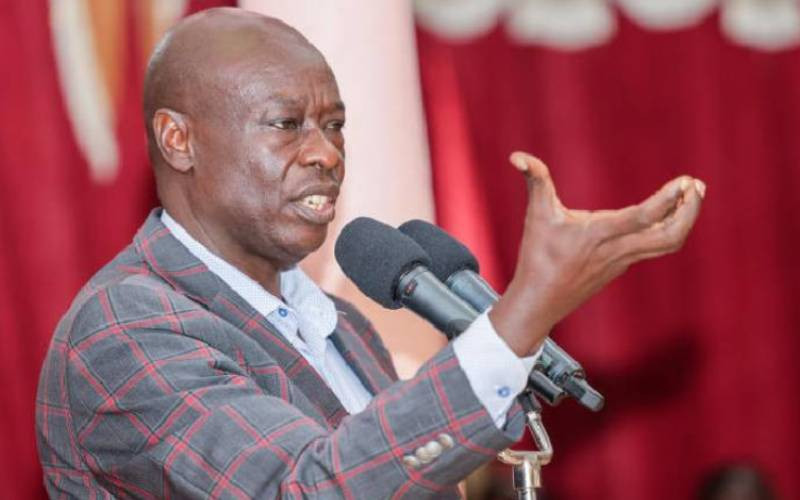Australia reported its first human case of avian influenza on Wednesday in a child who authorities said had been infected in India but made a full recovery, while a different highly contagious strain was found on an egg farm.
The H5N1 strain of avian flu has swept the globe in recent years, killing billions of farmed and wild birds and spreading to tens of mammal species.
Health authorities in Australia’s southeastern state of Victoria said contact tracing had not identified any further cases and there was a very low chance of others becoming infected as the flu does not easily spread between people.
“This is the first confirmed human case of highly pathogenic avian influenza in Australia,” Dr Claire Looker, the state’s chief health officer, said in a statement.
It was the first instance of detection of the H5N1 strain in a person or animal in the country, she added.
“The child experienced a severe infection but is no longer unwell and has made a full recovery.”
The case in Victoria involves an H5N1 virus, but the strain is not the same as those responsible for outbreaks in the United States, Looker said.

A farm worker in Texas tested positive for the virus earlier this year as it spread through the U.S. cattle herd.
The latest health and medical news
emailed to you every Sunday.
Australia is the only continent where animals have so far stayed free of the H5N1 avian influenza virus, but authorities on Wednesday said a different strain of highly pathogenic bird flu had been detected at an egg farm near Melbourne.
First laboratory tests showed that virus was an as yet unidentified H7 strain that probably came from the wild bird population and had been seen in Australia before, said Graeme Cooke, Victoria’s chief veterinary officer.
Curbs were imposed on movement around the farm and the birds would be destroyed, he added.
“This area does have a high density of poultry businesses, both egg laying and poultry meat,” Cooke told Australian Broadcasting Corporation (ABC) radio.
“At this stage we can’t say whether there’ll be any onward spread to other properties. We are now taking measures necessary to stamp it out to remove any onward spread.”
The outbreak presented no risk to human health, he said.
Only a small part of the industry has been affected, said Rowan McMonnies, chief executive of industry body Australian Eggs, adding that farmers would be “working hard to ensure there are eggs on shelves.”

Chicken producer Inghams Group ING.AX plunged as much as 16 per cent but pared losses to 5.5 per cent by 0701 GMT after it said operations had not been affected.
The Australian Chicken Meat Federation (ACMF) said companies had stepped up biosafety measures as a precaution but added, “No discernible impact is expected on chicken meat supplies at the retail level.”
In 2020, Victoria was the site of an H7N7 outbreak, the most recent of Australia’s nine outbreaks of Highly Pathogenic Avian Influenza (HPAI) since 1976. All were quickly reined in and stamped out, the government says.






















Discussion about this post